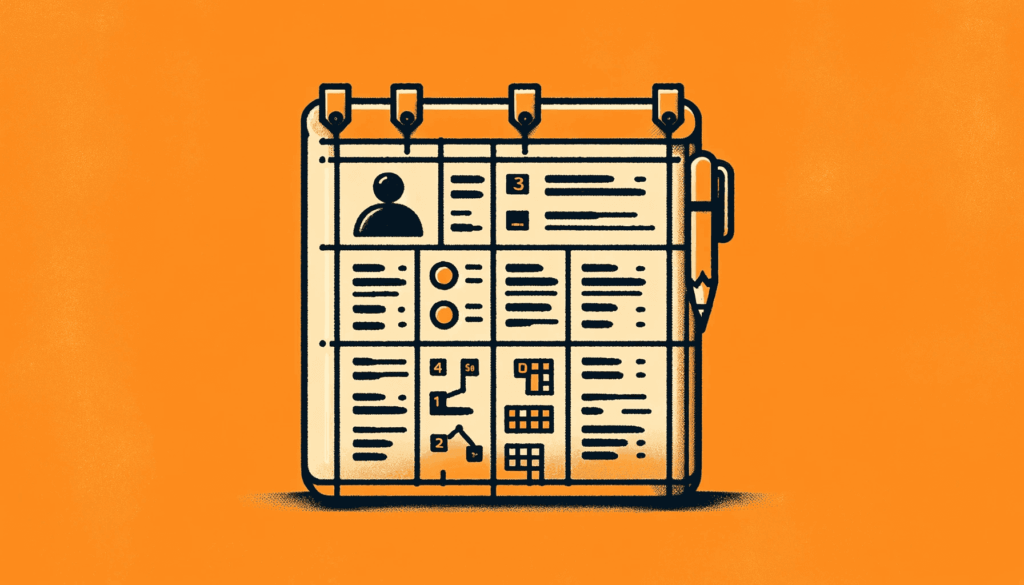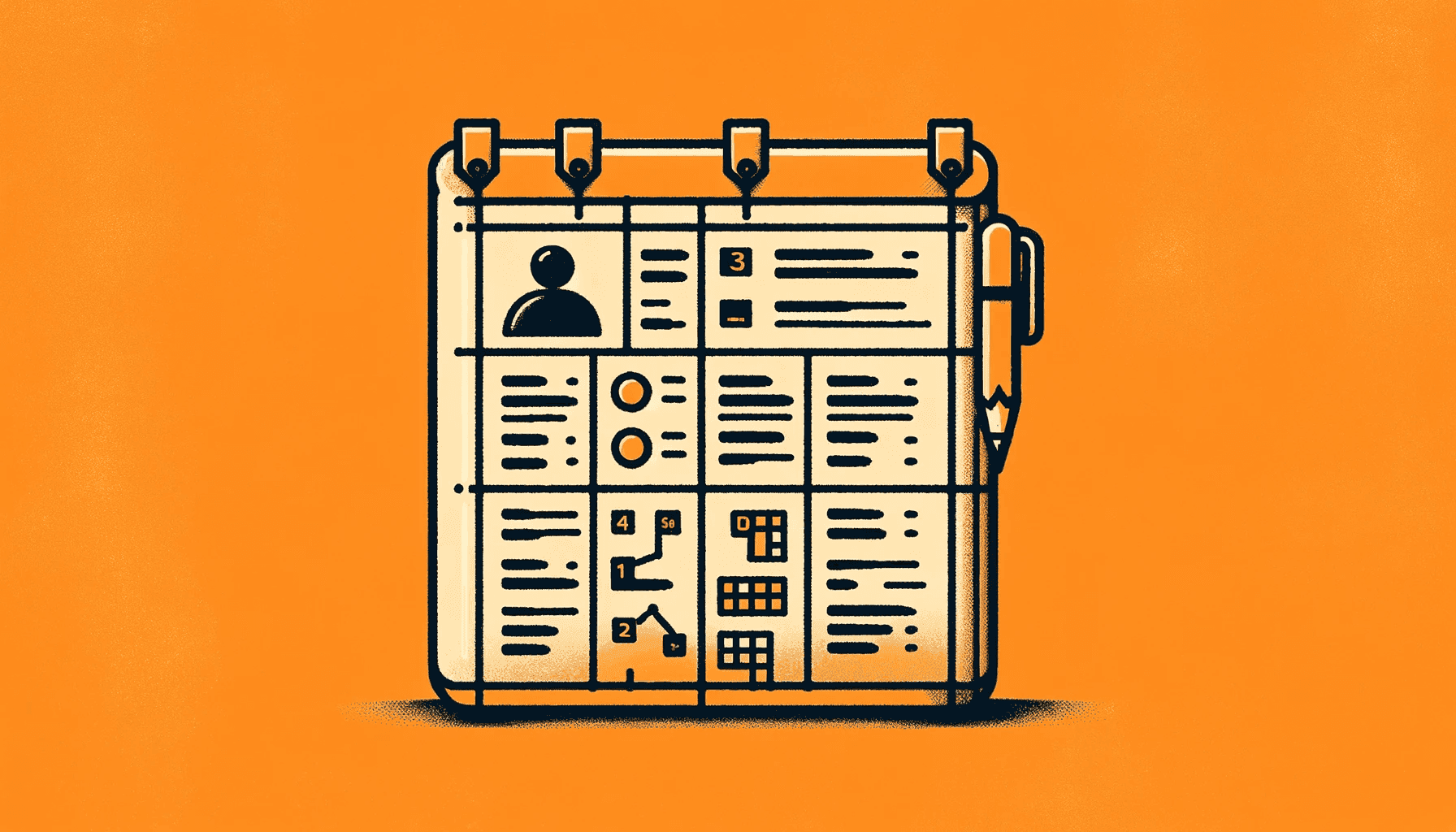
Generator Rental: Securing Your Power Supply Without Breaking the Bank
In an increasingly interconnected world, the reliability of our power supply is more critical than ever. From powering essential medical equipment to keeping businesses operational, the absence of electricity can have dire consequences. While purchasing a generator might seem like the ultimate solution, the upfront costs, maintenance requirements, and infrequent use can make it a less-than-ideal option for many. This is where generator rental emerges as a compelling and cost-effective alternative, offering a flexible and readily available power backup solution.
This article delves into the advantages of generator rental, exploring its suitability for various applications, and providing insights into choosing the right rental service. Whether you’re a business owner seeking to safeguard operations or a homeowner looking for peace of mind during power outages, understanding the benefits of generator rental is crucial.
The Growing Importance of Reliable Power
The modern reliance on electricity is undeniable. Businesses depend on it for everything from point-of-sale systems to data centers. Homes utilize it for essential services like refrigeration, heating, and medical devices. Power outages, whether caused by natural disasters, grid failures, or planned maintenance, can disrupt daily life and result in significant financial losses. The consequences can range from spoiled food and lost productivity to more severe issues like compromised safety and security.
The frequency and severity of power outages have been increasing in recent years, making the need for a reliable backup power source more pressing. Climate change and aging infrastructure contribute to these challenges, creating a greater need for resilient power solutions. In this context, generator rental becomes a proactive measure to mitigate risks and ensure continuity.
Why Choose Generator Rental Over Purchasing?
While owning a generator provides a permanent solution, it also presents several drawbacks:
- High Upfront Costs: Purchasing a generator, especially a high-powered unit, involves a significant initial investment.
- Maintenance Requirements: Generators require regular maintenance, including oil changes, filter replacements, and inspections, adding to the overall cost of ownership.
- Storage Space: Generators require dedicated storage space, which can be a challenge for homeowners and businesses with limited property.
- Infrequent Use: For many, generators are used only occasionally, making the investment less cost-effective.
- Depreciation: Like any equipment, generators depreciate over time, reducing their resale value.
Generator rental addresses these issues by offering a more flexible and cost-effective approach. It eliminates the need for a large upfront investment, reduces maintenance responsibilities, and provides access to a range of generator sizes and types to suit specific needs. Moreover, rental services often handle transportation, setup, and technical support, simplifying the process and minimizing the burden on the user. With generator rental, businesses and individuals can access reliable backup power without the long-term commitment and associated costs of ownership.
Benefits of Generator Rental
Generator rental offers a range of advantages that make it an attractive option for various applications:
- Cost-Effectiveness: Eliminates the large upfront investment associated with purchasing a generator. Rental fees are typically much lower than the total cost of ownership, especially for infrequent users.
- Flexibility: Allows you to choose the right size and type of generator for your specific needs, whether it’s a small portable unit for a home or a large industrial generator for a business.
- Maintenance-Free: Rental companies handle all maintenance and repairs, saving you time and money.
- No Storage Concerns: Eliminates the need to store a generator when it’s not in use.
- Access to Latest Technology: Rental companies often offer newer, more efficient generators with advanced features.
- 24/7 Support: Many rental companies provide technical support and assistance, ensuring that you can quickly resolve any issues.
- Scalability: Businesses can easily scale their power backup solutions up or down based on their needs, without the commitment of owning multiple generators.
These benefits make generator rental a versatile solution for a wide range of applications, from emergency backup power during storms to providing power for special events and construction sites.
Applications of Generator Rental
Generator rental is a versatile solution that caters to a variety of needs across different sectors:
- Businesses: Retail stores, restaurants, data centers, and manufacturing facilities can use generators to maintain operations during power outages, preventing revenue loss and protecting critical equipment.
- Homeowners: Protect essential appliances like refrigerators, freezers, and medical devices during power outages.
- Construction Sites: Provide power for tools, lighting, and equipment, ensuring projects stay on schedule.
- Special Events: Power sound systems, lighting, and other equipment at concerts, festivals, and outdoor events.
- Healthcare Facilities: Maintain critical life-support systems and ensure patient safety.
- Emergency Response: Provide power to first responders and emergency services during disasters.
The ability to rent generators of varying sizes and power capacities makes generator rental a suitable solution for virtually any application that requires reliable backup power. The flexibility and scalability offered by generator rental are crucial advantages, allowing users to adapt to changing needs without the constraints of ownership.
Choosing the Right Generator Rental Service
Selecting the right generator rental service is crucial to ensure that you get a reliable and efficient power backup solution. Here are some factors to consider:
- Generator Size and Type: Determine your power requirements by calculating the total wattage needed to run your essential equipment. Choose a generator that meets your needs and consider factors like fuel efficiency and noise level.
- Rental Company Reputation: Research the rental company’s reputation by reading reviews and checking their ratings. Look for companies with a proven track record of providing reliable equipment and excellent customer service.
- Equipment Quality: Ensure that the rental company offers well-maintained, modern generators. Ask about the age and condition of the equipment.
- Service and Support: Check if the rental company provides 24/7 technical support and assistance. Confirm that they offer delivery, setup, and pickup services.
- Pricing and Terms: Compare prices from different rental companies and understand the terms of the rental agreement, including rental duration, insurance, and cancellation policies.
- Fuel Options: Consider the fuel options offered by the rental company. Some generators run on gasoline, diesel, or propane. Select the fuel type that best suits your needs and preferences.
By carefully considering these factors, you can choose a generator rental service that provides a reliable and cost-effective power backup solution.
Calculating Your Power Needs
Accurately calculating your power needs is a crucial step in selecting the correct generator. This involves determining the total wattage required to operate all the essential appliances and equipment you want to power during an outage. Here’s a simple guide:
- Identify Essential Equipment: Make a list of all the appliances and equipment you want to power with the generator, such as refrigerators, freezers, medical devices, lighting, and computers.
- Determine Wattage Requirements: Find the wattage rating for each item. This information is usually found on the appliance’s label or in the owner’s manual. If the item lists amps, multiply the amps by the voltage (usually 120V in the US) to get the wattage.
- Calculate Total Running Watts: Add up the wattage of all the items you plan to run simultaneously. This is the total running watts you need.
- Consider Starting Watts: Some appliances, like refrigerators and air conditioners, require a higher surge of power to start. This is called the starting watts. Add the highest starting watts to your total running watts to determine the generator’s required starting capacity.
- Add a Safety Margin: It’s always a good idea to add a 10-20% safety margin to your total wattage to accommodate unexpected power surges and ensure the generator isn’t overloaded.
Once you have determined your total wattage requirements, you can select a generator that meets your needs. The rental company can also assist you in this process, providing expert advice and guidance.
Maintenance and Safety Tips for Generator Rental
While the rental company handles the primary maintenance, it’s important to follow some safety guidelines when operating a rented generator:
- Read the Manual: Always read the generator’s operating manual before use. Familiarize yourself with the generator’s features and safety instructions.
- Ventilation: Never operate a generator indoors or in an enclosed space, as it can produce deadly carbon monoxide gas. Always place the generator outdoors in a well-ventilated area.
- Fuel Handling: Handle fuel with care. Store fuel in approved containers and away from heat sources. Never refuel a hot generator.
- Electrical Safety: Use heavy-duty extension cords rated for outdoor use. Avoid overloading outlets. Connect the generator directly to your home’s electrical system through a transfer switch (if applicable) to prevent backfeeding.
- Regular Inspections: Regularly check the generator for any signs of damage or leaks.
- Grounding: Ensure the generator is properly grounded to prevent electrical shock.
- Carbon Monoxide Detectors: Install carbon monoxide detectors in your home to provide an early warning in case of a leak.
- Keep Children and Pets Away: Keep children and pets away from the generator while it is running.
By following these safety tips, you can ensure the safe and effective operation of your rented generator and protect yourself and your property.
The Future of Backup Power and Generator Rental
The demand for reliable backup power solutions, including generator rental, is expected to continue growing. Factors such as climate change, aging infrastructure, and the increasing reliance on technology will drive this demand. The industry is also witnessing technological advancements, such as:
- More Efficient Generators: Manufacturers are developing more fuel-efficient and environmentally friendly generators.
- Hybrid Generators: Hybrid generators combine traditional generators with renewable energy sources like solar power.
- Smart Generators: Smart generators offer remote monitoring and control capabilities.
As technology evolves, generator rental services are likely to adapt, offering more advanced and versatile solutions to meet the changing needs of businesses and homeowners. The future of backup power is undoubtedly intertwined with the convenience, cost-effectiveness, and flexibility offered by generator rental.
Conclusion: Generator Rental – A Smart Choice
In conclusion, generator rental is a smart and cost-effective solution for ensuring a reliable power supply. It eliminates the upfront costs, maintenance responsibilities, and storage concerns associated with owning a generator. Whether you’re a business owner, a homeowner, or planning an event, generator rental offers the flexibility, convenience, and peace of mind you need to navigate power outages and other disruptions. By understanding the benefits, applications, and selection criteria, you can make an informed decision and choose the right generator rental service to meet your specific needs. The increasing reliance on electricity and the growing frequency of power outages make generator rental an increasingly important consideration for both personal and professional applications. [See also: Emergency Power Planning for Your Business], [See also: Choosing the Right Generator for Your Home], [See also: Power Outage Preparedness Tips].


